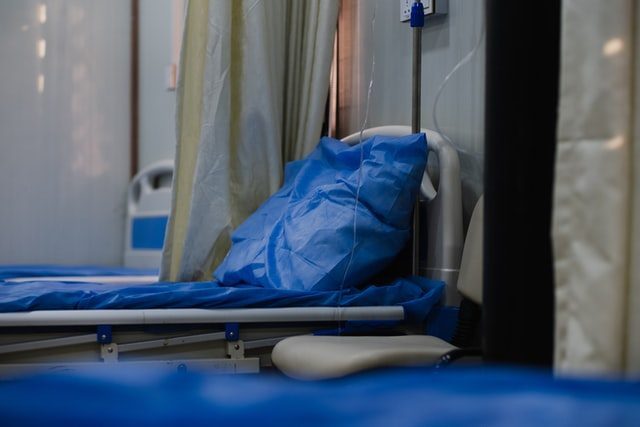The number of coronavirus fatalities has drastically increased in the past months compared to last year.
Six Covid-19 fatalities were recorded on Tuesday, the second-highest daily reported number in Qatar since the pandemic erupted last year.
Qatar’s highest daily reported deaths were on June 19, 2020, when seven victims lost their lives to the virus during the height of the global health crisis.
The latest unidentified individuals, aged 34, 49, 52, 58, 76, and 79, all received the necessary medical care before their passing, the Ministry of Public Health announced.
However, it is unclear whether any of them suffered from previous chronic illnesses that led to their demise.

In December, eight people died from the novel coronavirus. The number decreased to three in January before shooting up to 10 in February, including an 11-year-old child. However, since March, 54 people have succumbed to the virus.
Health officials say the newly-found UK strain is the cause for the increasing number of cases and ICU admissions.
When compared to the original virus, the UK variant, a more deadly strain, has 23 mutations and spreads up to 70% more easily, experts say. This has resulted in a sharp increase in Covid-19 positive cases in Qatar, going from 300-400 daily reported cases in February to over 900 in April so far.
🦠Doha News has learnt that a lockdown with restrictions similar to those seen during the start of the pandemic is expected to be announced this week. As numbers continue to rise, we ask: has #Qatar gotten it wrong with the second #Covid19 wave?👇 https://t.co/HXuUYxaHdb
— Doha News (@dohanews) April 5, 2021
In an attempt to flatten the curve, authorities have in recent weeks re-implemented some restrictions, including banning all weddings and indoor gatherings. Playgrounds at public parks have also closed and gatherings at beaches and winter camps are restricted to family members of the same household.
Gyms and sports clubs, massage and jacuzzi services, saunas, steam rooms and Moroccan and Turkish baths are also closed until further notice.
However, despite all efforts, the numbers are still drastically surging, raising several eyebrows over why the country is seemingly struggling with the second wave despite initially rolling out an effective and effective strategy in 2020.
Earlier this week, sources told Doha News that a lockdown with restrictions similar to those experienced during the start of the pandemic is expected to be announced imminently.
Though the restrictions have yet to be announced, the sources say restaurants will no longer accept dine-in customers, office capacities will be reduced, and unconfirmed reports suggest all retail shops, except supermarkets and pharmacies, will be shut as part of the measures.
A press conference is expected to be held at 9pm on Wednesday.
However, as concerns continue to rise, health authorities have continued to speed up and expand a nationwide vaccination campaign with aim to inoculate 90% of the population by the end of this year.
Read also: How to protect yourself against ‘the more deadly’ UK strain
As of Tuesday, a total of 961,555 doses of the Covid-19 vaccines have been administered.
Follow Doha News on Twitter, Instagram, Facebook and Youtube







